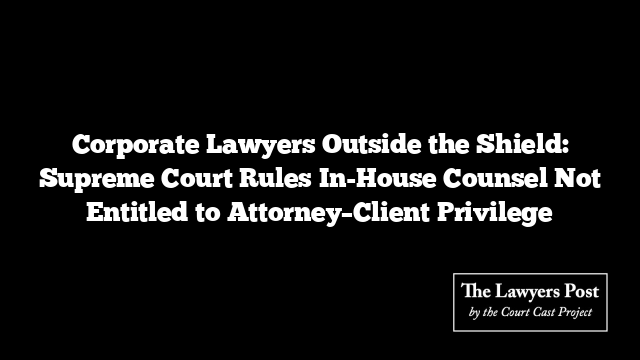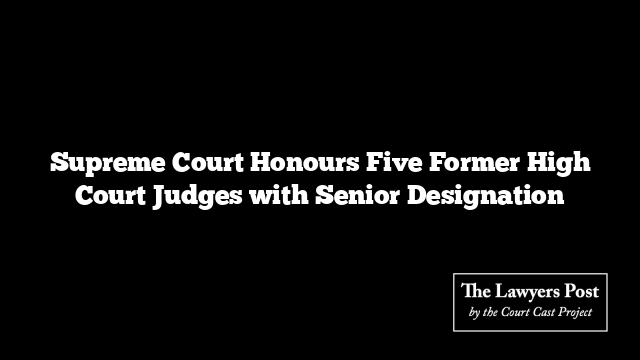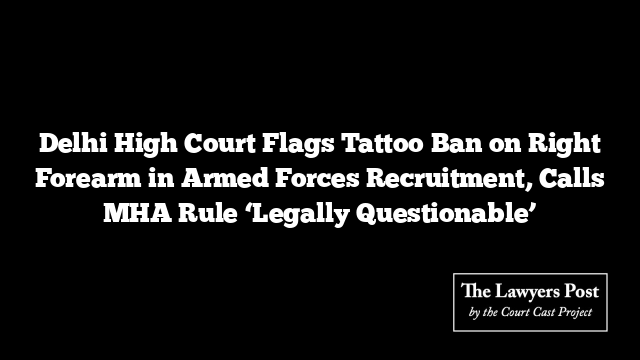In a defining clarification on the limits of professional privilege, the Supreme Court has ruled that full-time, salaried legal advisors employed by companies do not qualify as “advocates” under Indian law—and therefore cannot claim the protection of attorney–client privilege under Section 132 of the Bharatiya Sakshya Adhiniyam (BSA).
A Bench led by Chief Justice of India BR Gavai, along with Justices K Vinod Chandran and NV Anjaria, made it clear that the legal immunity shielding advocates from disclosing client communications applies only to those engaged in the independent practice of law. Company-employed counsel, the Court said, stand outside that circle.
“In-house counsel will not be entitled to privilege under Section 132 since they are not advocates practising in courts,” the Bench declared, delivering its judgment in a suo motu case concerning the summoning of lawyers by investigative agencies for information about their clients.
The General Counsels Association of India had urged the Court to extend the same confidentiality rights to corporate lawyers, arguing that their advisory roles mirror those of external advocates. But the Court disagreed, leaning on Rule 49 of the Bar Council of India Rules, which forbids full-time employees from practising as advocates.
Citing the Constitution Bench ruling in Rejanish KV v. K Deepa, the Court reaffirmed that once a lawyer takes up salaried employment, they cease to be in “practice” as an advocate. “Whether an in-house counsel advises his employer on legal affairs would not bring him within the definition of an advocate,” the judges noted.
The ruling underscored the element of independence as the cornerstone of the legal profession—an element the Court said is compromised within a corporate hierarchy. “An in-house counsel, though advising on legal questions, remains influenced by the commercial and strategic interests of the employer and is obliged to protect those interests,” the judgment observed.
Yet, the Court did not leave corporate counsel entirely unprotected. It clarified that Section 134 of the BSA offers a narrower safeguard—preventing courts from compelling the disclosure of confidential communications with a legal adviser. However, this provision, the judges emphasized, does not elevate in-house counsel to the privileged position of advocates.
In essence, the ruling draws a bright legal line: a corporate lawyer may be a legal voice within the company—but not one protected by the professional veil reserved for advocates before the court.





